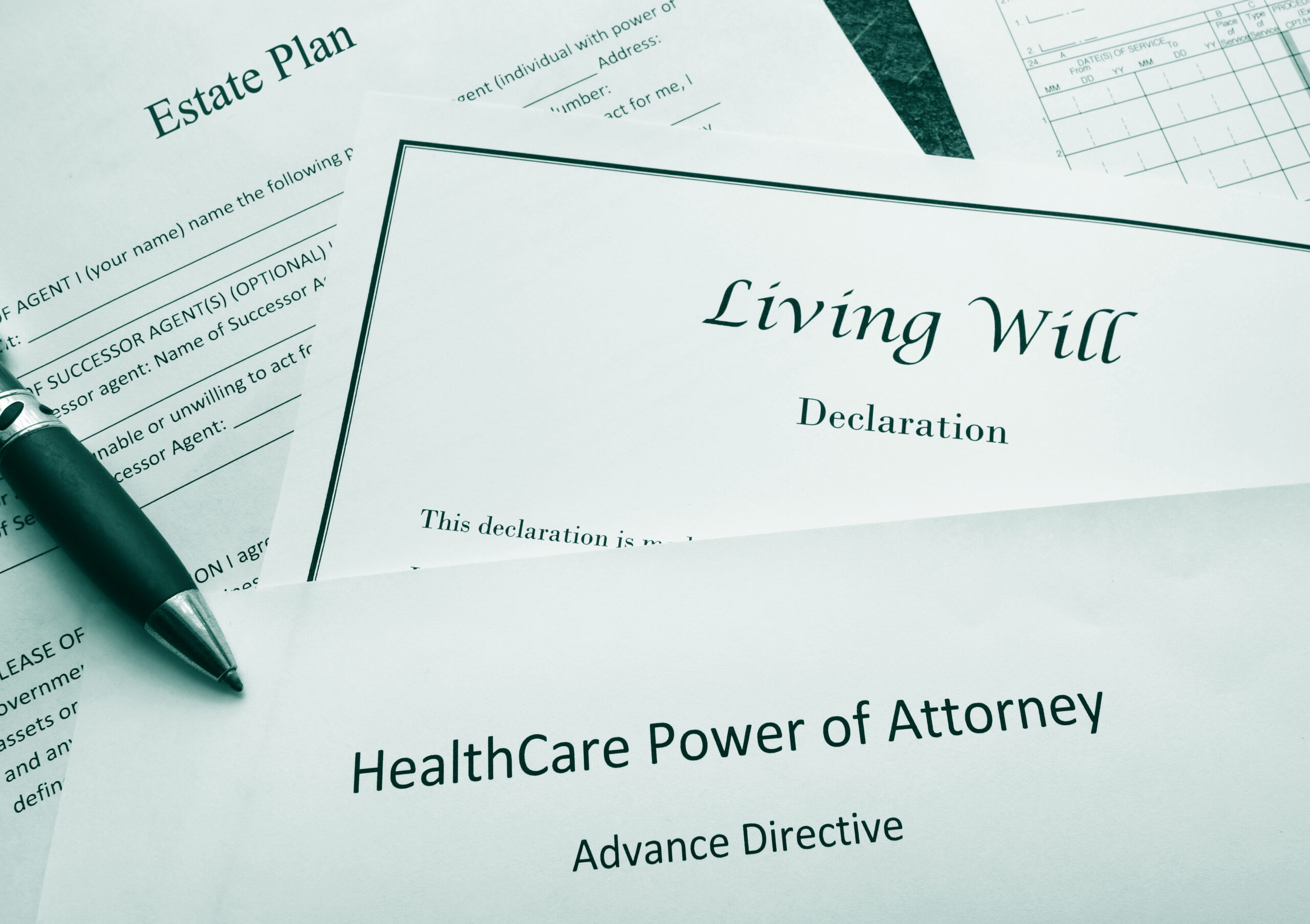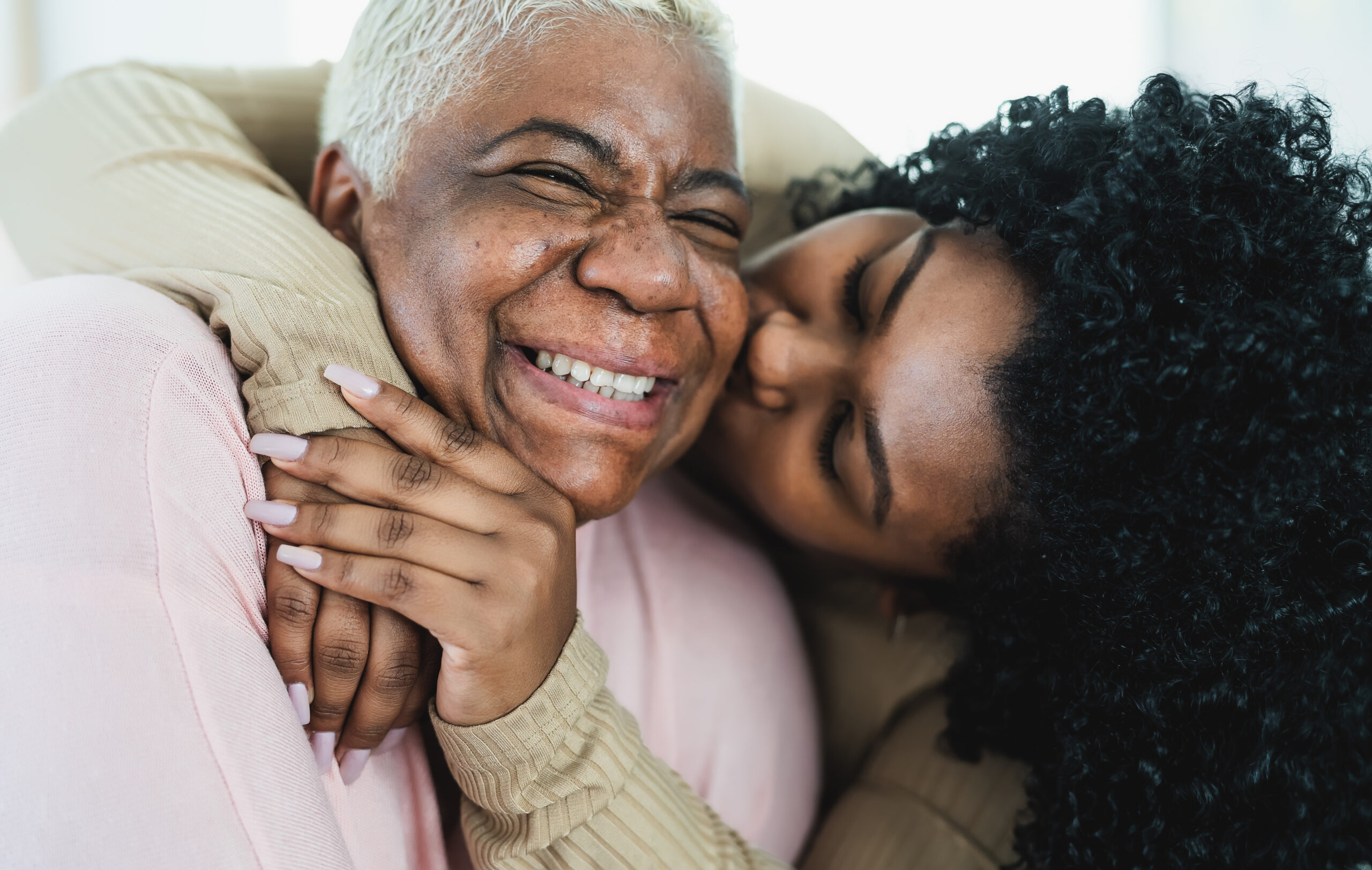
People often shy away from talking about end-of-life wishes. In fact, the Conversation Project found that although 92% of people feel it’s important to discuss end-of-life wishes, only 32% actually do. But it doesn’t have to be a scary topic that you avoid. In fact, it’s incredibly important to have the discussion.
As your loved one grows older, they may be hesitant to talk about their end-of-life wishes. And you may not want to bring it up because it forces you to face the fact that they won’t be here forever. Trust us, we get it. However, it is incredibly important to talk about it. Here’s why.
End-of-life conversations give us the chance to die well. What does that mean? It means our wishes are known and followed, and we have the opportunity to live our life – right up to the end – the way we choose to.
By discussing their end-of-life wishes, you will have a better understanding of how they want things to happen. This will prevent you from needing to try to guess or figure it out on your own.
That brings us to our next point. Knowing what a person wants makes it easier on those caring for them. If you discuss it with your loved one, you don’t have to worry about making the right decisions on their behalf because you already know what they want. If you don’t discuss it, you may worry if you are doing right by them. Talking about what they want and having a clear plan eliminates this pressure.
It’s also not uncommon – in situations where the patient becomes unresponsive, such as in a medical emergency – for the family to argue over what the right decision is. This just creates added and unnecessary stress and trauma for everyone. All of which can be avoided by knowing and understanding your loved one’s wishes ahead of time.
Your loved one may already know what their end-of-life wishes are. They might just be unsure of how to bring it up. Maybe they just need you to start the conversation. But how do you?
This Conversation Starter Guide is a wonderful tool to help us get the conversation started. It includes prompts to answer to help cover all the bases. Encourage your loved one to fill it out, with you or on their own. Then, you can sit down together and talk about their answers. If you have this guide printed out, you can take your own notes and save it so you are prepared.
It’s important to keep the conversation going. Our wishes can change over time so it’s important to keep one another updated.
End-of-life planning isn’t about dying – it’s about living. Understanding your loved one’s end-of-life wishes allows you to understand how they want to live their last months, weeks, and days. So, start the conversation and keep it going.

In 2020, an estimated 41.8 million adults in the United States were caregivers of someone 50 years of age or older. That’s one in six Americans. In honor of National Family Caregivers Month, we want to take the opportunity to applaud all these caregivers for all they do for those they love.
You work round the clock to care for someone you love. Maybe it’s a parent. Maybe it’s a spouse or partner. No matter who it is, you are committed to doing the best you can for them because you love them. And because you know they would do the same for you. But it’s not easy. We know that. So, we want you to take a minute to yourself right now to read this. Because this is for YOU.
You have taken on the responsibility of being the primary caregiver for a loved one who is ill. That’s no small task. You are there for them at all hours of the day and night- whenever they may need you.
Being a caregiver can be stressful on its own, but many of you are not only a caregiver. Whether you have a full or part-time job, volunteer, have children to care for, or anything in between – you have other responsibilities also. Juggling all those responsibilities can be overwhelming at times, and with all these things to take care of, you don’t often have time to stop to take care of yourself.
You don’t have to do it all on your own. Lean on friends and family for help and support. When it starts to feel like it’s too much, call a friend or loved one. Ask them for help or just to talk or listen. A strong support system is essential.
Maybe you feel like your friends and family don’t understand what you’re going through, and you want to talk to someone who has a similar situation. There are support groups available for caregivers. Through these, you can meet others who have similar situations as you. You can share stories with them or share tips with one another. At the end of the day, having someone you can lean on is so important.
With everything you need to get done in a day, we understand that it can be easy to neglect yourself and your own needs. However, it’s incredibly important that you take time for yourself. Do your best to carve out time to do something you enjoy. Do something that is for you and no one else. It’s not selfish. You NEED to do it.
It’s important to be able to take some time to do something that helps you decompress. Go for a walk. Read a book. Listen to a podcast. Whatever helps you unwind after a long day- do it! You need this opportunity to recharge so you can be at your best.
We understand it can feel overwhelming at times, but we want you to know you are doing great! You aren’t going to be at 110% every day. You may have an ‘off day,’ and that’s okay. We all have them. Just remember to show yourself some grace. You have taken on a huge role, and it’s not easy. You won’t be perfect – no one is. But each day, you rise to the challenge and do what you need to do to be there for your loved one. That’s what matters.
Don’t give up. And don’t ever doubt yourself. You are amazing!